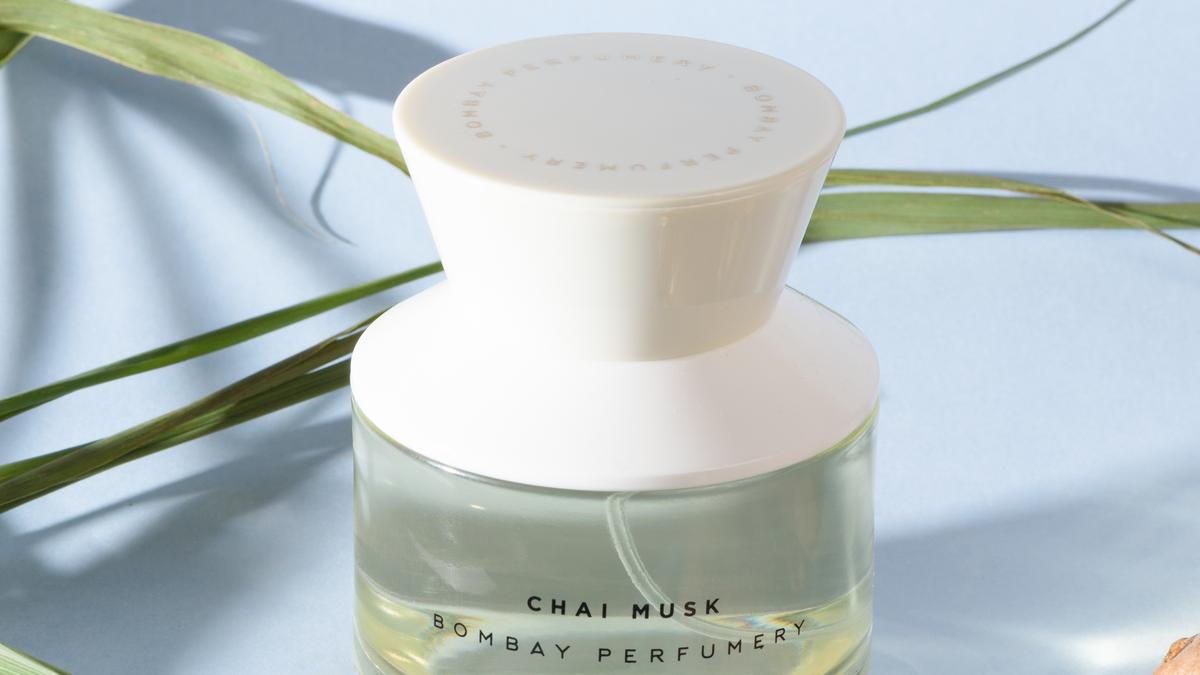
These perfumeries are bottling the fragrance of your favourite memories
The Hindu
Discover how Indian consumers are embracing natural perfumes to evoke nostalgia and emotional connections with fragrances.
When Abhishek Sengupta returned to Kolkata in November last year after realising that he could not afford the exorbitant rent for his apartment in Mumbai’s upscale neighbourhood Khar on a consultant’s salary, he was despondent. He wanted to take along something that captured the essence of the city. “It’s strange,” he says, “I’ve always known Kolkata to be home. But now Mumbai has an equal place in my heart.”
While many people choose to bring back souvenirs or items they have bought, Abhishek decided to invest in a perfume that smells like Maximum City. “Mumbai has a particular smell that’s hard to replicate. I’m not talking about the sometimes-saline smell, but the city’s energetic, almost frenetic aroma,” he explains.
A colleague recommended Byredo’s perfume Mumbai Noise — a scent crowded with contrasts: rich, warm woody and amber, blended with plummy Davana (Artemisia pallens) positioned alongside leather, bitter coffee stirred with sweet tonka beans. The scent captures the smoky haze of incense interspersed with street side coffee carts and dissonant soundscapes. “I rarely spritz on the scent; I just keep it to give it a whiff now and again,” says Abhishek.
Byredo, the European luxury brand founded in Stockholm in 2006 by Ben Gorham, has gained a cult following for its scents, which celebrate the nostalgia of “coming home” — a feeling of emotions and memories awakened. In fact, many of our purchases today are driven by nostalgia. Fragrance brands, too, are tapping into this emotion effectively, as scientific details about formulations are too complex for marketing. Instead, storytelling offers customers something to believe in, making the experience feel natural rather than forced.
Statista, a German online platform that specialises in data gathering and visualisation, projects that India’s fragrance market will have an annual growth rate of 1.56% from 2024 to 2028. Non-luxury fragrances are expected to account for 57% of total sales.
There is also a growing demand for traditional and natural scents, reflecting a preference for local and eco-friendly products. For instance, Bombay Perfumery’s Chai Musk, a unisex fragrance, also celebrates the vibrancy of Mumbai, capturing its hustle, shared stories, and the ever-present chai culture. Then there is Forest Essentials’ Nargis, one of their best-selling fragrances, which is sourced from the snow-clad valleys of Kashmir for their sweet essential oil.
Receptivity for natural perfumes is part of the broader affinity and movement towards natural, organic beauty. Additionally, synthetic alternatives can never completely replicate the scent of the original, natural flower or ingredient.

At PV Cherian Crescent Road, which derives its quietude in no small measure from the trees lining it, the axe struck twice last week, the first time on December 7, reducing one massive tree to a stump. According to a resident who wants to stay anonymous, when the workers were questioned about it, pat came the reply that the Corporation had ordered the hand that wielded the axe. With that explanation, residents who were disturbed by the cutting of the tree assumed there should be a justification for the act and let the matter rest. On December 12, the axe struck again, the Avenue’s arboreal wealth down by one more tree.

Nine months into the ‘Shishtachar’ (discipline/etiquette) drive, Delhi Police officers say the squads have offered more than an on-ground deterrence against harassment of women in public spaces. The steady presence of these teams on the streets, the officers claim, has revealed patterns of everyday misconduct, helped map pockets where offenders gather, enhanced visibility among women, and strengthened the feedback loop, which in turn has improved policing of such offences. Deputy Commissioner of Police (Outer Delhi) Sachin Sharma said the squads have detained 2,885 offenders over the past nine months and recorded a 45% decline in crimes against women, including cases of rape, molestation and harassment. “Overall, such cases have fallen sharply from 302 in 2024 to 165 in 2025 (till December 10),” he said. DCP (West) Darade Sharad Bhaskar reported similar numbers. “In nine months, we have detained over 2,500 offenders under various sections. The help and perspective we have received through the initiative has improved our approach. We have decided to introduce these squads to each police station in our district,” he said.











